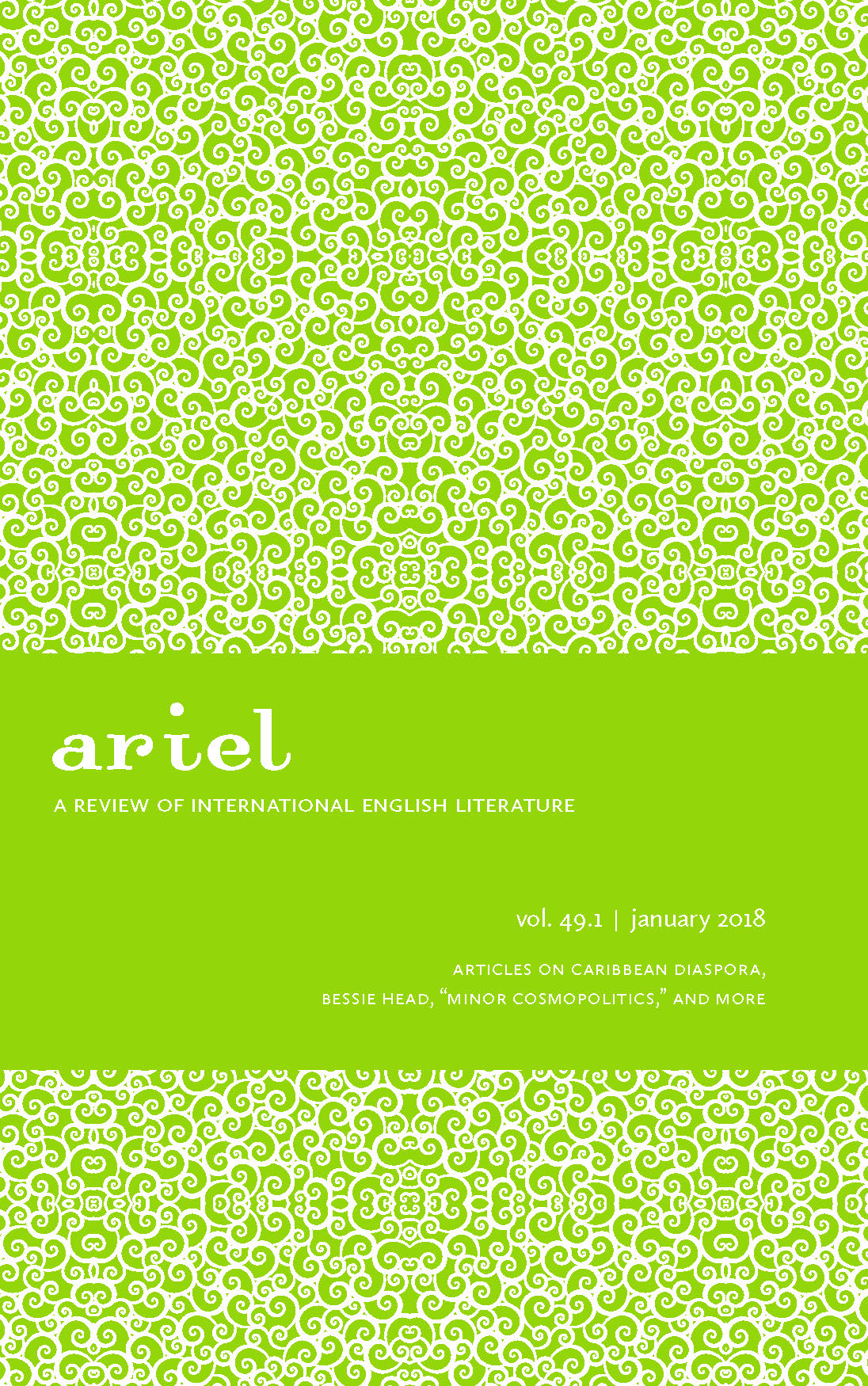Revealing Fictions: Neo-liberalism, Domestic Servants, and Thrity Umrigar’s The Space Between Us
Keywords:
domestic servants, subaltern representation, Thrity Umrigar, neo-liberal globalization in India, South Asian fiction in English, Post-colonialism, The Space Between UsAbstract
This article focuses on the diasporic Indian writer Thrity Umrigar’s notable novel The Space Between Us (2007), situating the text in the literary context of the post-colonial Anglophone novel, India’s regional tradition of social realism, as well as its liberalized economy and growing class divides. I argue that the novel is exemplary of a growing body of contemporary Anglophone writing from the Global South that centers the figure of the domestic servant in order to problematize the cultural and economic structures that subjugate her. In focusing on these marginalized and dispossessed individuals, texts like The Space Between Us reveal the fictional nature of the discourses of capitalist ‘development’ that neo-liberal globalization is based on. The novel illuminates the oppression of the domestic worker by highlighting how these modern discourses enable the sale of her entire body to the employer so that it can be directed to sit, stand, and embody subjugation and difference in culturally specific ways. I then argue that the novel recuperates an alternative ethics of being by conceptualizing the body as a vehicle between, rather than a mode of segregating, ‘self’ and ‘other.’ In the process, the text teaches the middle class Indian reader to see herself differently – as an agent of exploitation – in a way that leads her to see the servant ‘other’ differently – as someone akin to, rather than different from, her ‘self.’ Umrigar’s cultural work aims to destabilize capitalist modes of evaluating laborers and labor and to shift readers’ ways of seeing, thereby inciting ethical action in specific post-colonial contexts.


